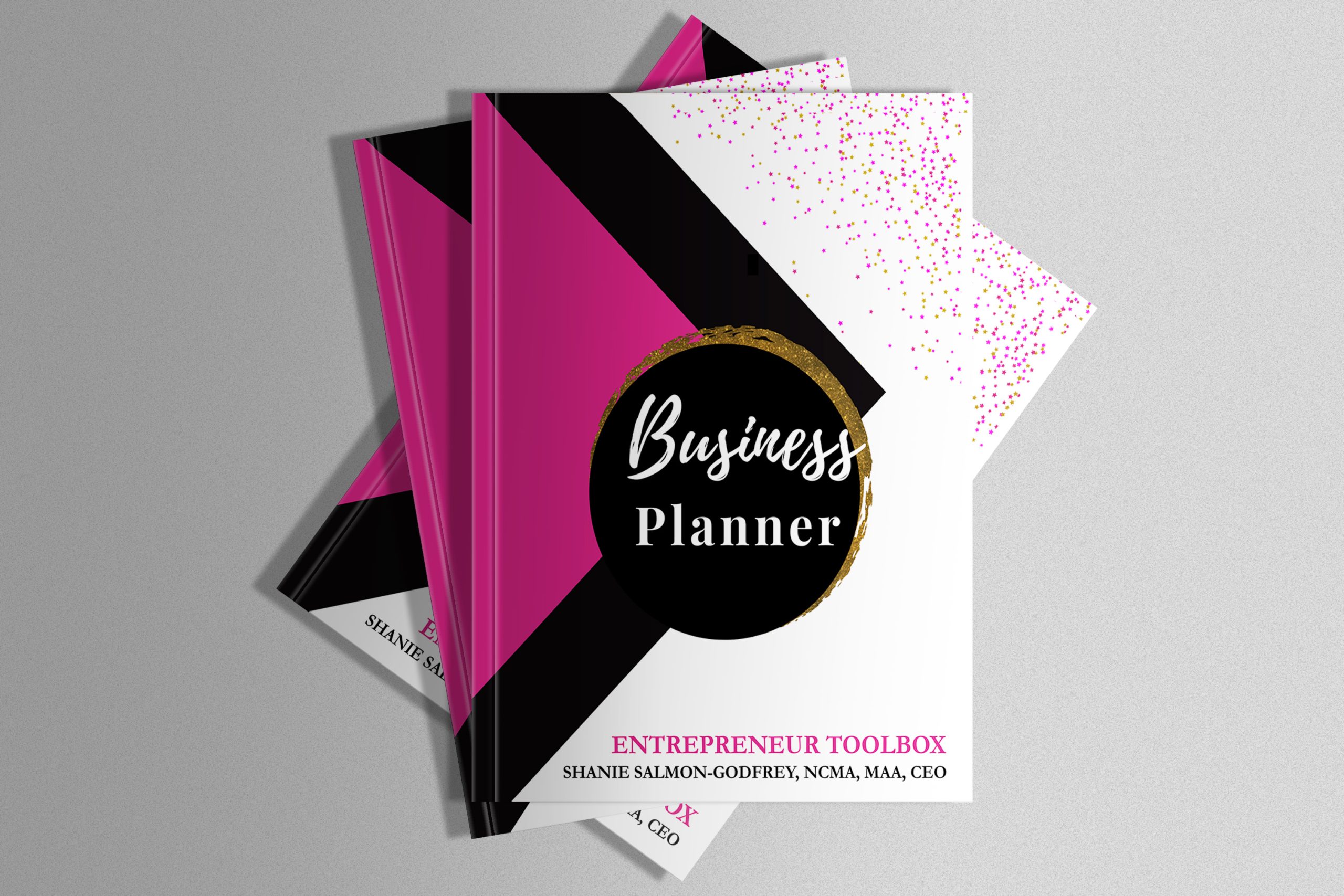Budgeting is fundamental to any business’s financial stability and growth, especially small businesses. However, many small business owners struggle with this. This blog post explains the basics of effective budgeting for small businesses and provides practical strategies to ensure financial success.
Understand the importance of budgeting: Budgeting is more than simply tracking expenses. It’s about planning for the future and making informed decisions. For small businesses, which often have limited resources, effective budgeting can be the difference between success. This helps you allocate resources wisely, identify areas for improvement, and ensure financial goals are aligned with business goals.
Key Elements of Effective Budgeting:
- Sales Forecasting: Start by estimating the expected revenue for the next period. We consider factors such as past performance, market trends, and potential growth opportunities. Make realistic and ambitious forecasts to drive growth.
- Fixed and variable costs: Categorize your expenses into fixed costs (rent, utilities) and variable costs (inventory, marketing). Understanding these differences will help you better manage your spending and adjust your budget accordingly.
- Emergency Planning: Set aside a portion of your budget for unexpected expenses and emergencies. An emergency fund provides a safety net and prevents unexpected expenses from derailing your financial plans.
- Investment Allocation: Determine how much of your budget to allocate for investments in areas such as marketing, technology upgrades, and employee training. These investments are critical to business growth and should be prioritized accordingly.
Practical Strategies for Effective Budgeting:
- Track your spending regularly: Use accounting software or a spreadsheet to carefully track your spending. Regularly reviewing your spending habits can help you identify areas where you can reduce or optimize costs.
- Set realistic goals: Set clear financial goals for your business and break them down into manageable goals. Whether your goal is to increase sales, reduce overhead costs, or improve profit margins, setting realistic goals will give you a roadmap for budgeting.
- Review and Adjust: Budgeting is not a one-time activity. It’s an ongoing process. Regularly review budget performance against actual results and make adjustments as needed. Stay agile and adapt to changes in the market and business environment.
- Seek professional advice: Don’t be afraid to seek advice from a financial advisor or accountant, especially if you’re finding budgeting difficult. They provide valuable insight and expertise to streamline the budgeting process.
Effective budgeting is the cornerstone of financial success for small businesses. By understanding the key elements and implementing the practical strategies outlined in this blog post, you can take control of your finances, make informed decisions, and chart a path to sustainable growth. Consistency and diligence are key to mastering the art of budgeting and securing the future of your business.







